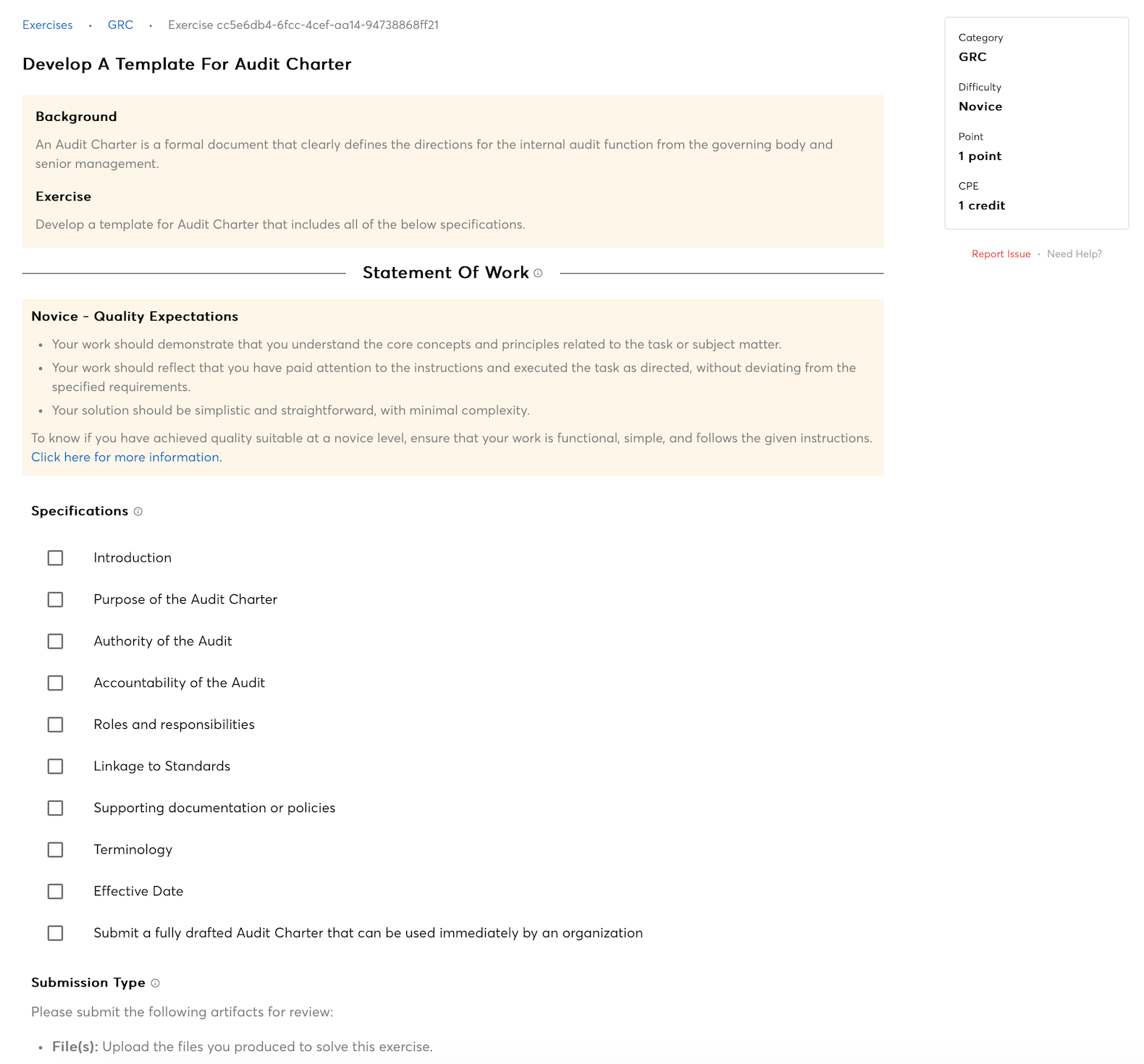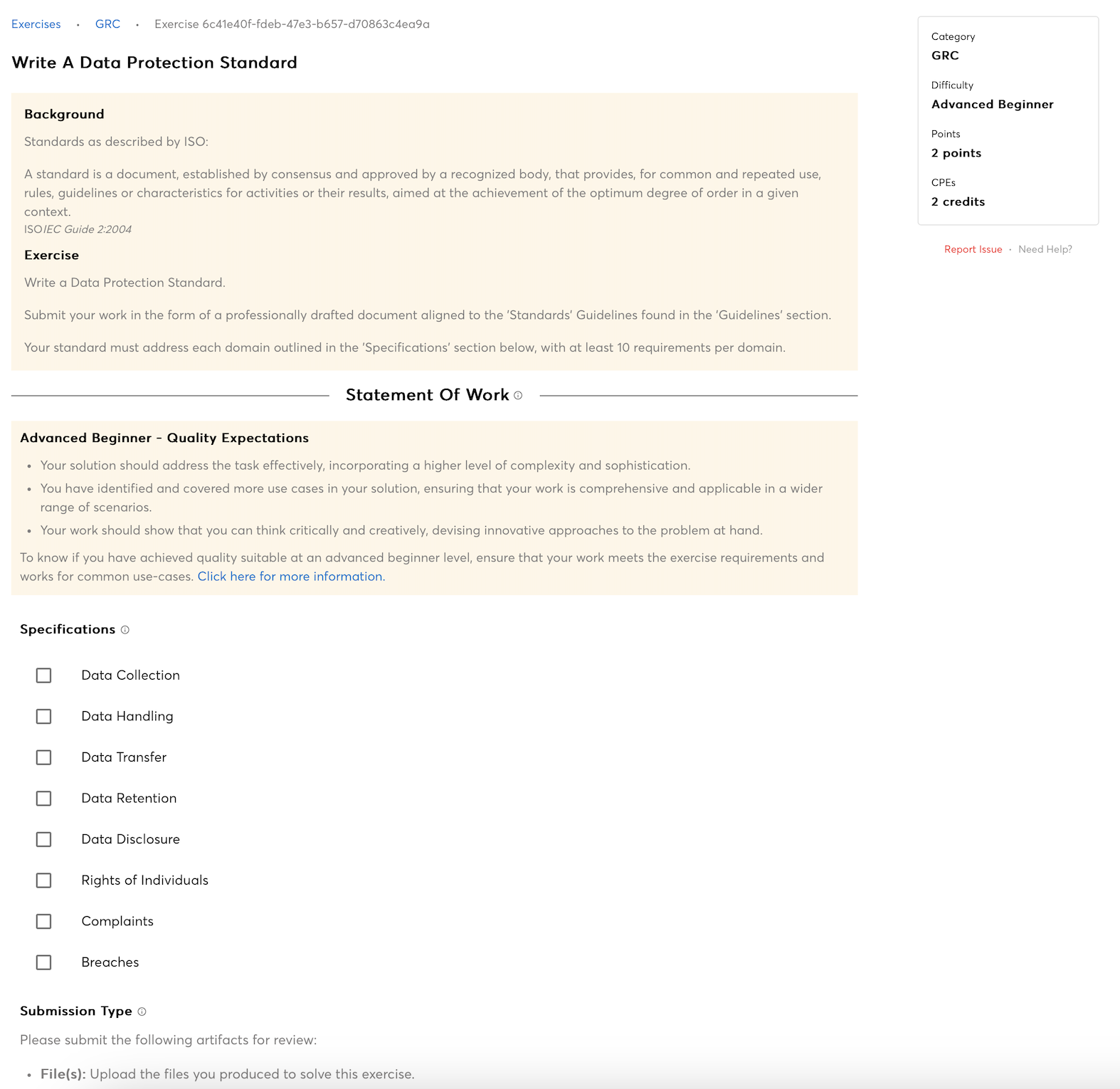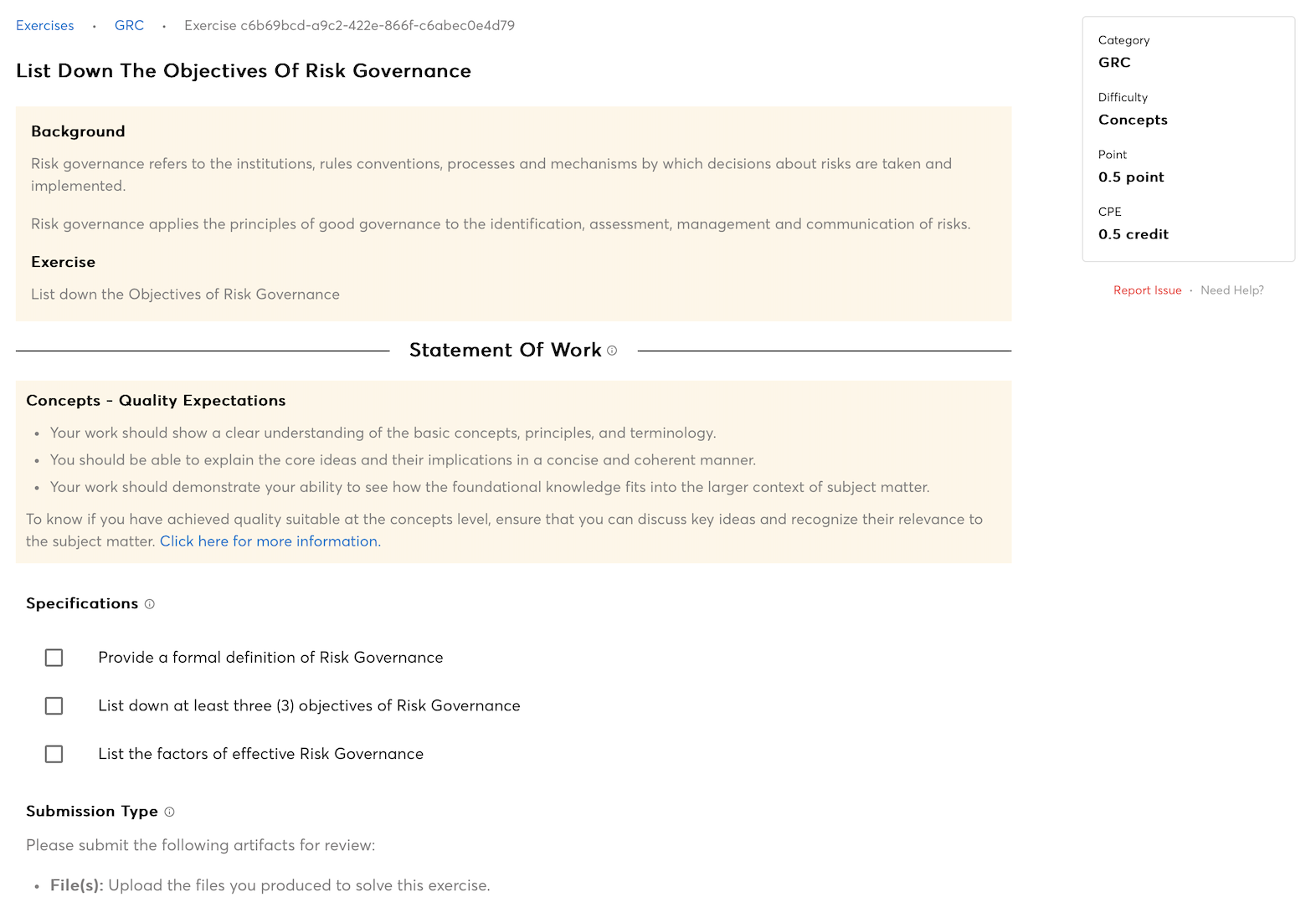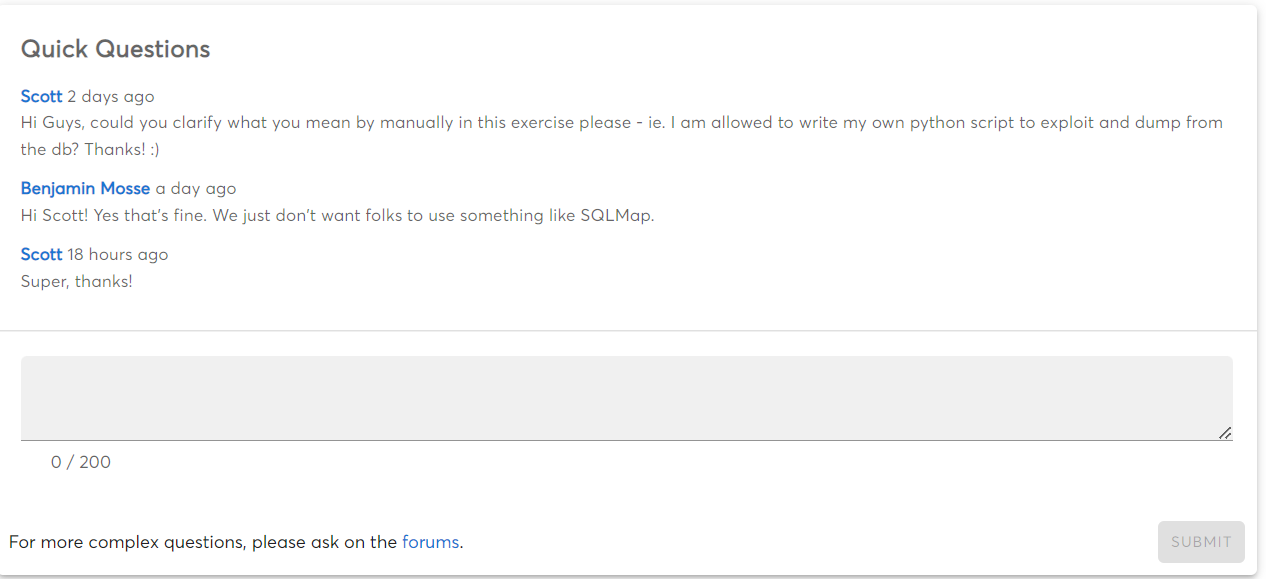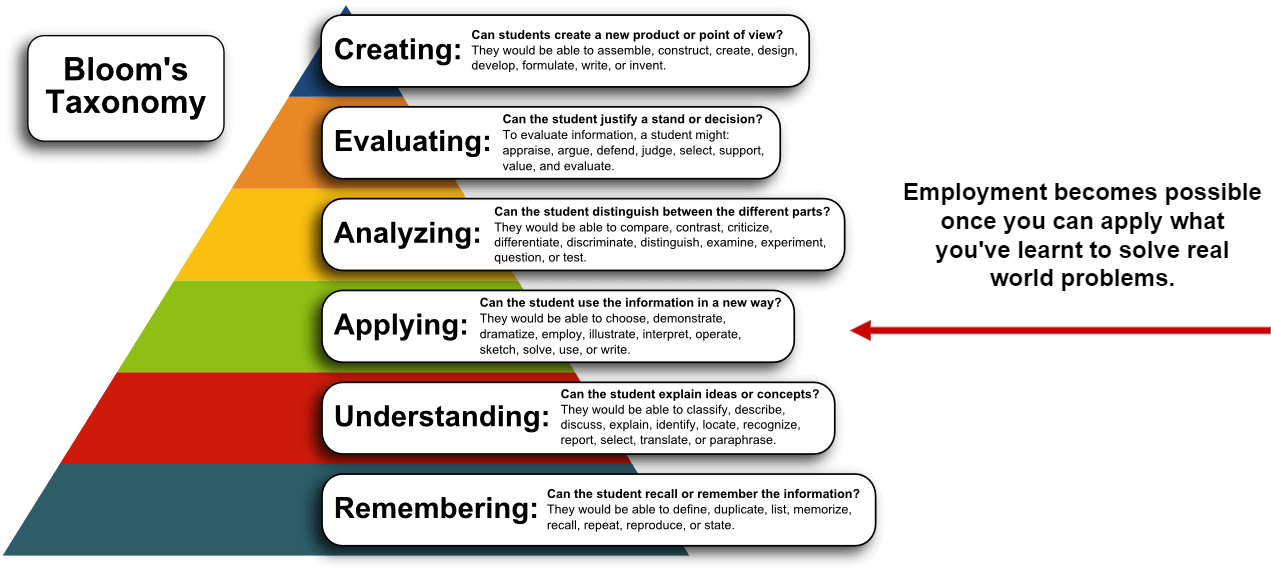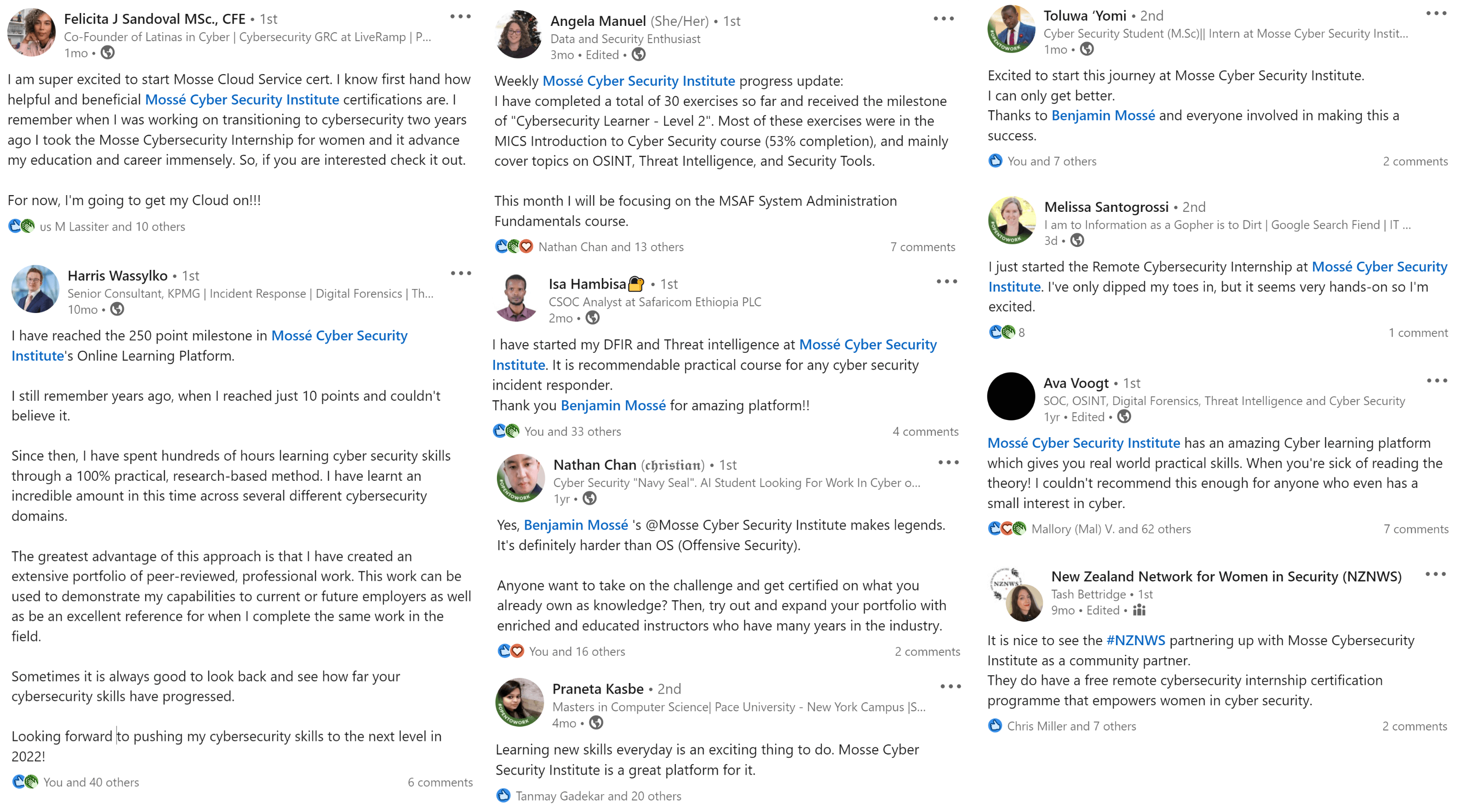Auditing and compliance are essential for ensuring organizations adhere to regulatory standards and
industry best practices, providing assurance to stakeholders about the effectiveness of security
controls and risk management strategies. It helps identify gaps, ensure accountability, and maintain
continuous improvement in security posture, crucial for mitigating risks and maintaining trust in
the digital landscape.
Developing Audit Checklists
Developing audit checklists is critical for IT auditors to ensure thorough assessments of IT
systems, controls, and processes. Checklists facilitate systematic reviews, helping auditors
identify risks, compliance gaps, and necessary corrective actions efficiently.
Engagement Letters
Engagement letters are vital documents for IT program auditors as they establish the scope,
objectives, and responsibilities of audit engagements. They provide a formal agreement between
auditors and stakeholders, ensuring clarity and alignment throughout the audit process.
Audit Charter
An audit charter is essential for IT auditors as it defines the authority, objectives, and approach
for conducting audits. It serves as a guiding document that aligns audit activities with
organizational goals, compliance standards, and best practices.
Privacy Audit
Privacy audits are critical for IT auditors to assess and validate data protection measures within
IT systems. They ensure compliance with privacy regulations (e.g., GDPR, CCPA) and identify
potential privacy risks that require mitigation actions.
Database Review Checklists
Database review checklists enable IT auditors to evaluate database configurations, access controls,
and data integrity. These checklists ensure the security and reliability of databases, safeguarding
sensitive information from unauthorized access or breaches.
Environmental Control Audit Checklists
Environmental control audit checklists are important for IT auditors to assess physical security
measures within data centers and IT environments. They help identify vulnerabilities related to
environmental controls (e.g., HVAC systems, physical access) that could impact IT operations and
data security.
Third Party Services Checklist
Third party services checklists assist IT auditors in evaluating risks associated with outsourcing
IT functions to external vendors. These checklists ensure proper vendor management, contractual
compliance, and risk mitigation strategies to safeguard organizational data and operations.
Request for Information Document
Request for Information (RFI) documents are valuable for IT auditors to gather essential details
about IT systems, processes, and controls from auditees. This information aids in audit planning,
risk assessment, and ensures comprehensive audits of IT environments.
Service Level Agreement Documents
Service Level Agreement (SLA) documents are important for IT auditors as they define performance
standards, availability, and responsibilities for IT services. Auditors use SLAs to assess service
delivery, compliance, and evaluate the effectiveness of IT service management.
Creating Privacy Breach Documents
Developing privacy breach documents is crucial for IT auditors to establish protocols for incident
response, notification procedures, and remediation actions in case of data breaches. These documents
ensure compliance with data protection laws and enhance incident management capabilities.
Creating Website to Report Customer Breach
Implementing a website to report customer breaches enhances transparency and compliance with data
breach notification laws. IT auditors benefit from this by ensuring effective incident reporting,
accountability, and maintaining stakeholder trust in data protection practices.
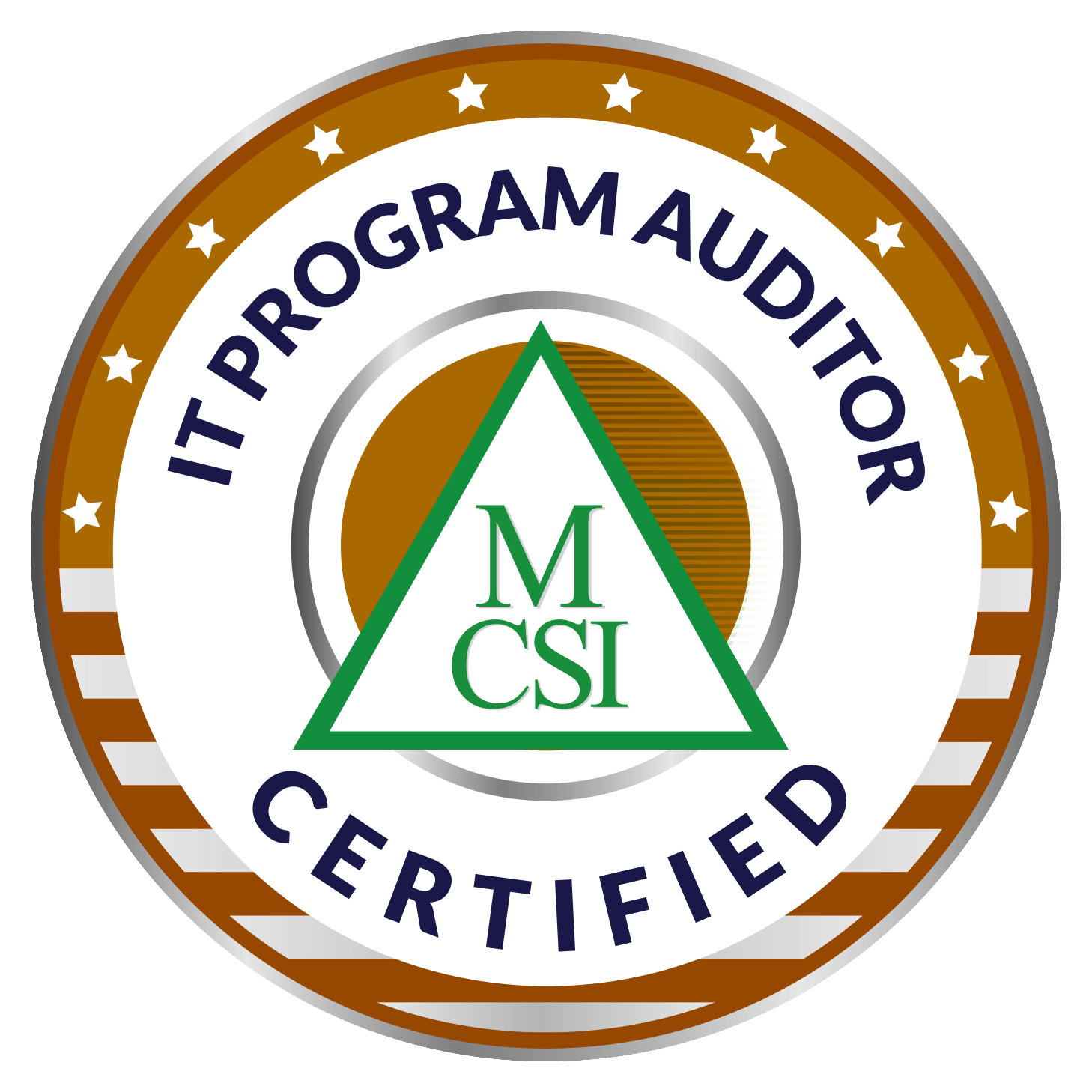
 Intermediate
Intermediate


